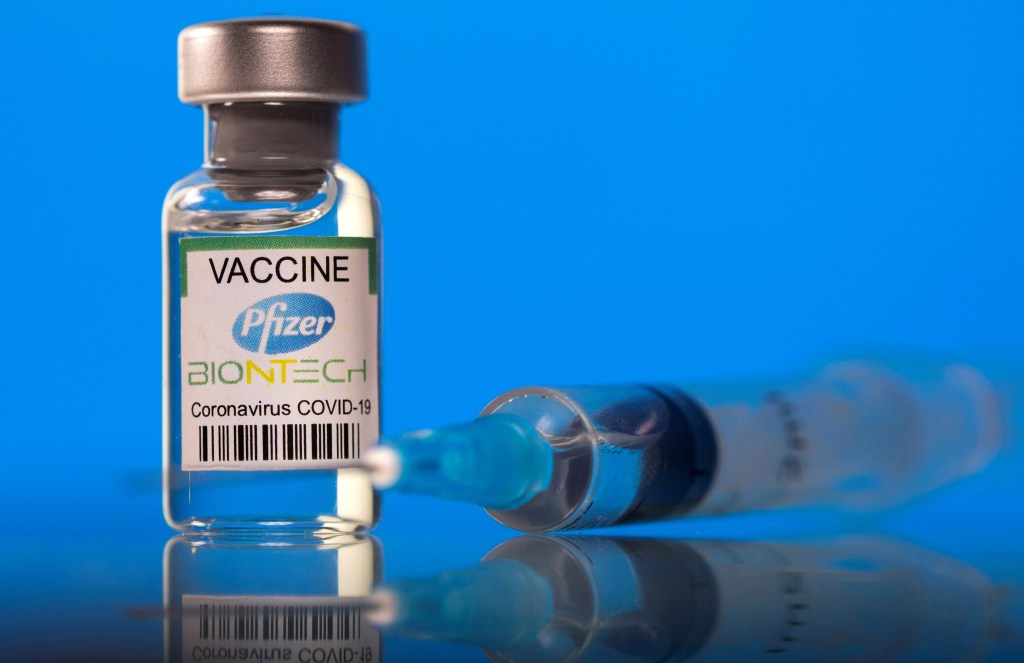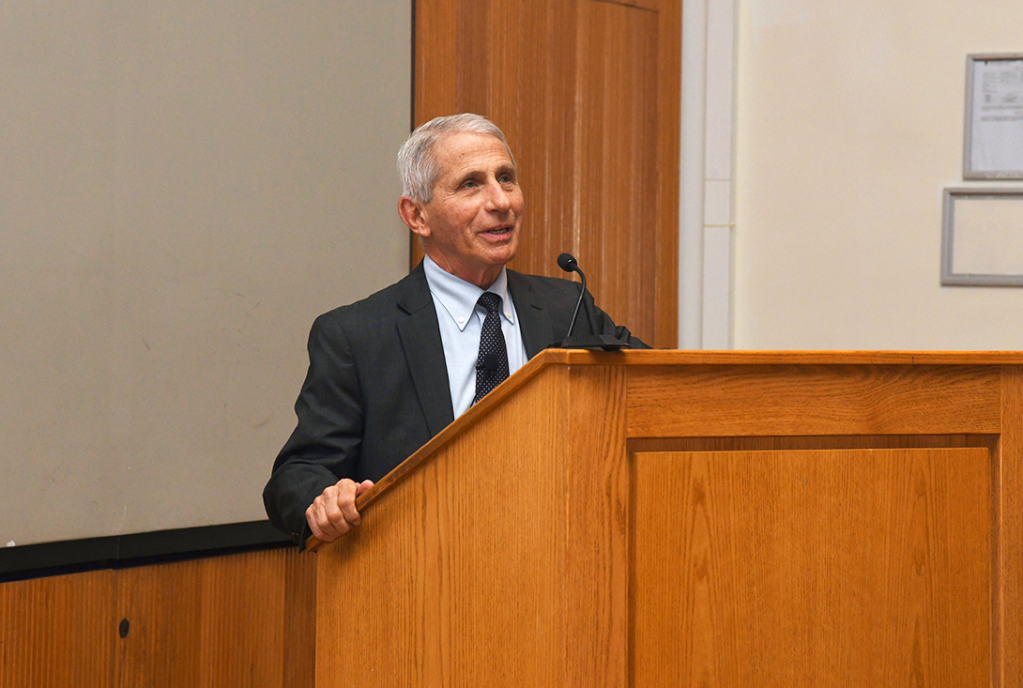An unlikely pair of scientists won the 2023 Nobel Prize in Medicine for their mRNA vaccine research. Their discoveries enabled the rapid development of mRNA vaccines against COVID-19.

“Everybody who knows us knows that we are very different,” Katalin Karikó said to her prize-winning partner. “I am talkative and bubbling. Drew is more scientific.”
In a press release from the Nobel Assembly at the Karolinska Institutet, the assembly credits Karikó and Drew Weissman for their groundbreaking findings, which “have fundamentally changed our understanding of how mRNA interacts with our immune system.”
Reminiscing, Drew Weissman remembered the pair’s first meeting. A chance encounter decades ago.
“It’s actually funny the way Kati and I met back in those days. The only way you could read journal articles is you had a photocopy them out of the journal, and we would fight over the copy machine to be able to read articles,” Weissman said. “We started working on RNA to try and understand why it was so inflammatory. We were both completely open-minded.”
Fundamental breakthrough
The pair published a research paper in 2005. The scientists found that they could alter and effectively deliver mRNA into the body to activate its protective immune system.
Finally, we figured out how to make it noninflammatory.
Drew Weissman, MD, PhD, Nobel Prize laureate
The mRNA-based vaccines prompted high levels of antibodies that attack a specific infectious disease.
Karikó and Weissman co-founded RNARx in 2006, and they dedicated themselves to developing modified mRNA for therapy. Shortly after, RNARx received a business grant for less than $100,000 for treating anemia. That eventually helped them develop their technology. Two years later, their research grant summed $799,425.
“When we started this, we weren’t thinking about curing pandemics,” Weissman said. “We were thinking about making new vaccines. We had five phase-one clinical trials of different mRNA vaccines that we were working on before COVID-19 ever hit. And we knew at that time that this had the potential to be an incredible vaccine.”

MRNA vaccines alone in the United States have accounted for more than 655 million total doses of SARS-CoV-2 vaccines administered since they became available in December 2020.
By the end of 2021, the International Federation of Pharmaceutical Manufacturers and Associations (IFPMA) reported that worldwide production had reached 12 billion vaccines. Six months later, it estimated production would reach 24 billion.
Dr. Anthony Fauci said during his grand rounds presentation at Cornell Medicine this year, “Barely noticed scientific advances in the decades before the COVID-19 pandemic proved crucial to rapidly producing vaccines that—despite disappointing national uptake—are estimated to have prevented an additional 3.25 million American deaths from the virus.”

With the success of mRNA COVID vaccines, researchers are now exploring other uses. Clinical trials are underway for flu, RSV, Zika virus, HIV and cancer vaccines.